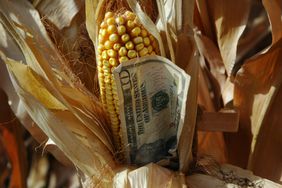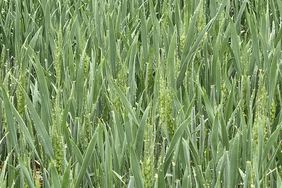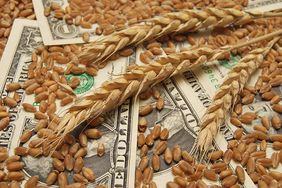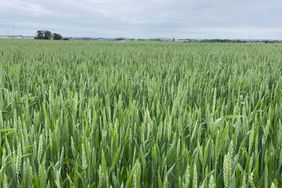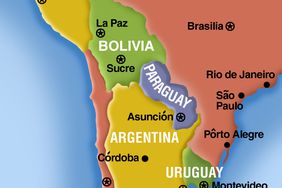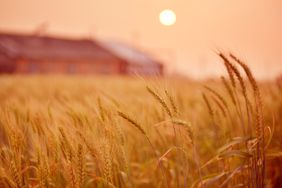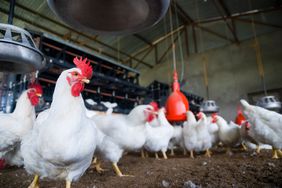:max_bytes(150000):strip_icc()/1005_WheatPlanting-2000-3bbeaeba177447ec8bd809e5a6eff2da.jpg)
By Julie Ingwersen
BELLEVILLE, Illinois, May 21 (Reuters) - Illinois is poised to produce a higher-yielding wheat crop than a year ago, when the state produced a record yield, the Illinois Wheat Association said on Tuesday following a one-day crop tour.
However, with the harvest still a few weeks away, crop scouts on the tour cautioned that disease pressure, amplified by wet conditions this spring, could reduce final yields.
Such production uncertainty comes as top global wheat exporter Russia is facing frost damage to its crop, fueling concern about tightening global supplies and sending U.S. wheat prices Wv1 surging to the highest level in 10 months.
The one-day Illinois tour projected an average yield of 104 bushels per acre (bpa) after scouting 59 fields, mostly in the state's southern third. A year ago, the same tour projected an average yield of 97.1 bpa based on 57 fields scouted.
Both figures are well above the U.S. Department of Agriculture's official projections. The government forecast the state's 2024 wheat yield at 83 bpa, down from last year's record high of 87 bpa.
Illinois was the seventh-largest U.S. winter wheat producer in 2023 and the top producing state of soft red winter wheat, a class used to make cookies and snack foods.
Tour scouts noted the presence of fusarium head blight, a fungal disease also known as head scab, in many fields.
Scab can cause elevated levels of a toxin called vomitoxin in wheat that can sicken animals and people. Grain elevators routinely measure for it and can heavily discount or reject wheat found with more than 2 parts per million.
The infection level appeared to be low but experts cautioned that the true impact of the disease won't be clear until closer to harvest time.
“It's going to come down to how much that (disease) is going to progress in the next couple weeks,” said Dr. Jessica Rutkoski, a University of Illinois wheat breeder who participated in Tuesday's tour.
(Reporting by Julie Ingwersen; Editing by Christopher Cushing)
